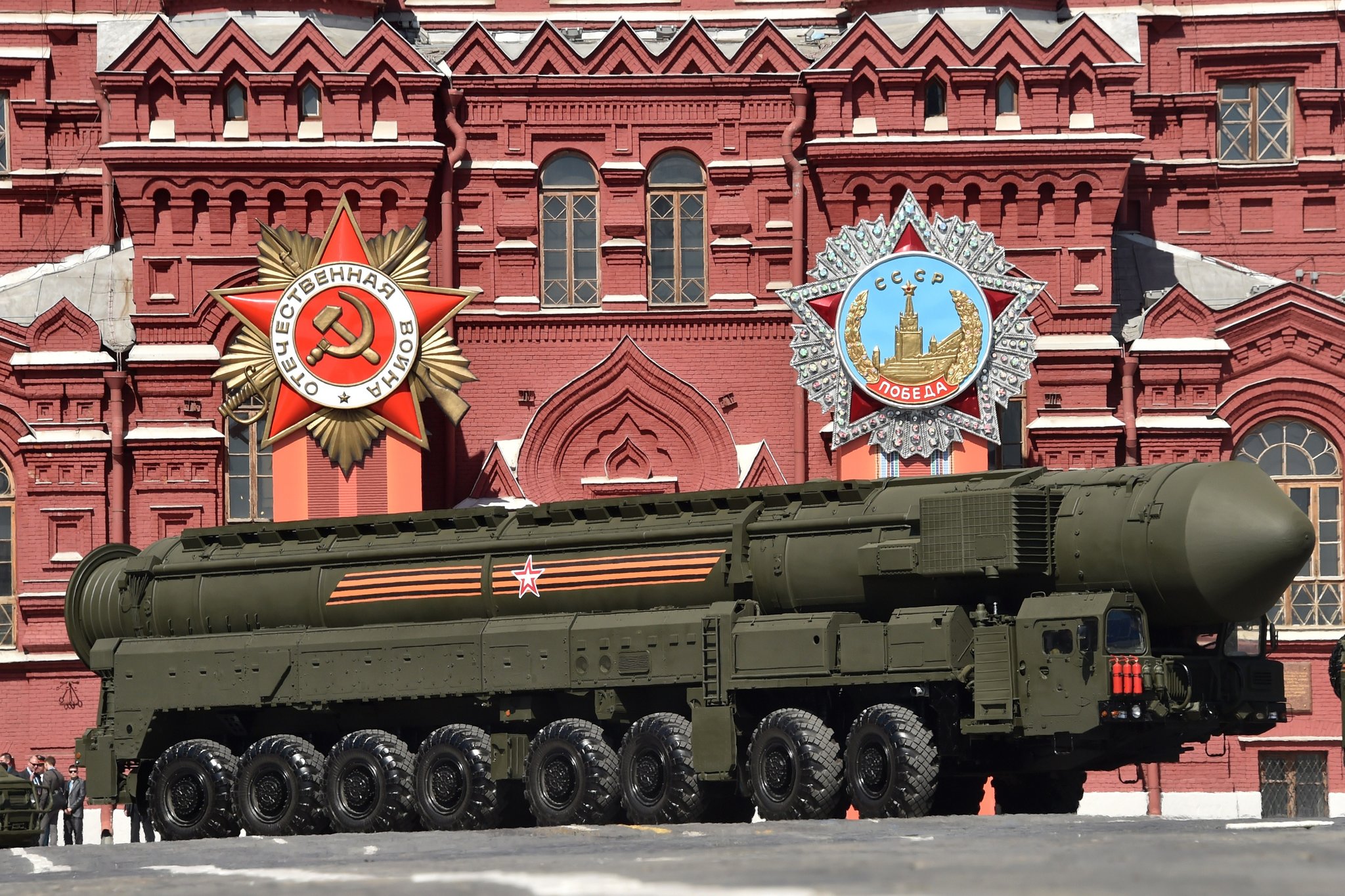COP30 climate talks enter fraught final week in Brazil

Delegates split over fossil fuel exit and climate finance
UN climate negotiations in Brazil have entered a decisive final stretch, with ministers arriving to tackle the most politically sensitive questions left unresolved by their negotiators. At COP30, held in the Amazonian city of Belém, governments are under pressure to agree on how quickly the world will move away from coal, oil and gas and who will pay for the transition. After a week of technical haggling, the final communique still lacks clear language on a fossil fuel phase-out and on scaling up funding for vulnerable countries. Observers say the coming days will determine whether the summit is remembered as a breakthrough or another missed opportunity.
According to reporting by The Japan Times, talks have become stuck on a familiar divide between industrialised economies and developing nations. Wealthy countries want emerging economies with rising emissions to accept stronger limits and more detailed reporting, arguing that the window to hold global warming close to 1.5C is closing fast. Many developing countries counter that they are still grappling with poverty and need guarantees of predictable finance, technology transfer and debt relief before they can commit to steeper cuts. The debate is playing out in small drafting rooms and late-night plenaries as delegates trade bracketed paragraphs and alternative formulations.
A central fault line is the future of fossil fuels. A coalition of climate-vulnerable states and several European governments is pushing for language that explicitly calls for a “phase-out” of coal, oil and gas in line with scientific advice. Major producers and some large emerging economies prefer softer references to “phasing down” unabated fossil fuels and expanding carbon capture. Activists warn that vague wording would give countries cover to continue approving new oil and gas projects, even as heatwaves, floods and storms intensify. For Brazil, which has positioned itself as a leader of a just energy transition while still expanding offshore oil, the outcome will carry reputational weight.
Climate finance is the other major sticking point. Developing countries say previous pledges from rich nations have repeatedly fallen short, undermining trust in new promises. They are demanding concrete numbers and timelines for both mitigation funding and support to adapt to climate impacts, including money for early warning systems, resilient infrastructure and climate-smart agriculture. There is also growing focus on “loss and damage” finance for communities already hit by irreversible harms, such as sea-level rise and destroyed livelihoods. Without movement on these fronts, delegates from climate-vulnerable nations warn they cannot sell any deal at home.
Brazil, as host, is trying to broker compromises while showcasing the Amazon as a global climate asset. Officials have highlighted recent reductions in deforestation rates and promoted an expansion of forest-protection funds tied to social programmes. Regional initiatives, including an Energy Transition Partnership that aims to steer investment toward renewables and grid upgrades across Latin America, are being cited as examples of how climate action can align with development. Still, indigenous leaders and local activists in Belém say they want stronger guarantees that new projects will respect land rights and avoid repeating past injustices.
Outside the negotiation halls, civil society groups are using marches, side-events and expert briefings to keep pressure on governments. Youth movements have staged demonstrations calling for an end to new fossil fuel projects, while scientists present updated research on tipping points and extreme weather to underline the risks of delay. Business delegations are also present, with renewable energy companies urging clearer long-term signals and some fossil fuel firms lobbying for continued role for gas and carbon capture. The overlapping interests make for a noisy backdrop as ministers draft what could be the most consequential climate text since the Paris Agreement.
As the summit enters its final days, negotiators face a familiar dilemma: how far to stretch the language without pushing key players to walk away. Diplomats say a successful outcome will likely involve carefully balanced text—strong enough to signal the end of the fossil fuel era, but flexible enough for reluctant states to sign. For low-lying islands and drought-hit regions already counting the cost of climate disruption, the hope is that COP30 will move beyond incremental tweaks and send a clear message that the world is finally ready to align rhetoric with action. Whether Belém delivers that shift will become clear only when the gavel falls on the summit’s final plenary.





















